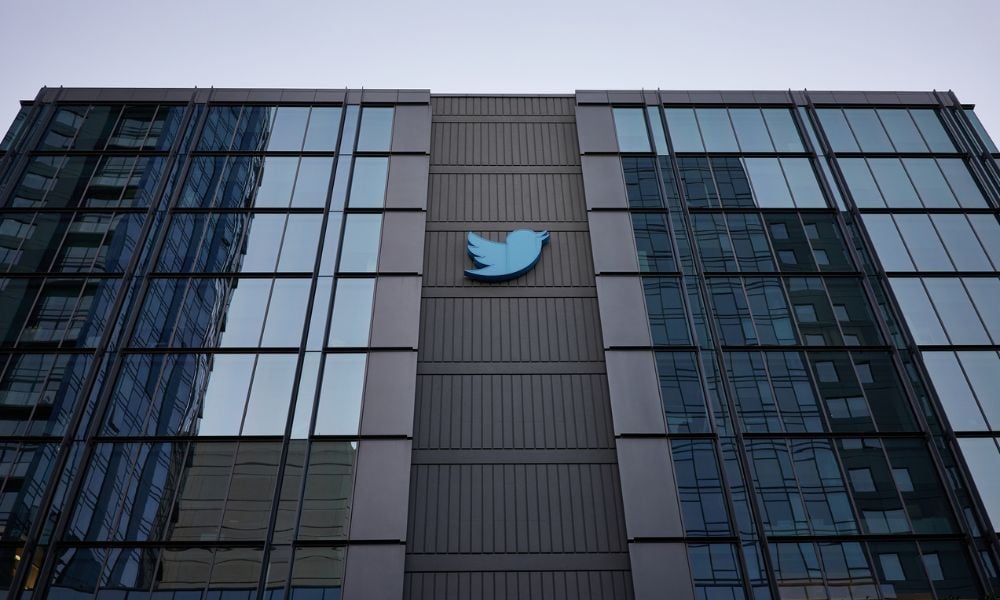
HR leaders discuss management choices of world's richest man

As far as high achievers go, it’s hard to top Elon Musk. He targets the impossible and has become the world’s richest man while doing it. But despite his wildly successful life as an entrepreneur, his leadership style is greatly scrutinised.
The billionaire made headlines earlier this year when he ordered Tesla staff to come back to the office after COVID-19 lockdowns or they would be fired. He made the same move again last month when he became ‘chief twit’ after a takeover of social media giant Twitter, telling staff of the knowledge-based organisation that they would be returning to the office.
Graham Moody, chief people officer at JobAdder said, "Flexibility of how and when people work has always been a highly regarded 'benefit' and the pandemic has accelerated the access and practice of flexibility, particularly for knowledge-based workers like those at Twitter but by taking this benefit away Musk risks disengaging and losing talent."
Veronica Sargeant, HR manager at eToro, has a long history of championing diversity and inclusion, and leadership development. She told HRD that she has yet to see fear-based leadership be effective as a tool to attract and retain talent.
“There’s no perfect formula for what makes a happy workplace because each company, leader, and team are different,” she said. “More often than not, fear-based leadership manifests as micro-management and will see productivity increase short term, followed by high turnover and low engagement.”
Twitter employees took another big blow when Musk culled half of their workforce shortly after the takeover.
"Musk's approach to cold-emailing employees with the option to stay and work long hours or leave the business — with little-to-no consultation or details on severance — shows a total disregard and lack of respect for the hard work and commitment employees have put into the business already,” said Moody.
“You can see that his blunt force approach appears to be back-firing from the perspective of retaining critical talent.”
Reports suggest that Twitter has had to hire back critical talent they initially laid off.
Read next: Better employee management with Achievers rewards software
"The vibe on social media and through my network that knows people impacted through these changes is that Musk has single-handedly pulled the rug out from a highly engaged and committed workforce to one many talented people want no part of,” said Moody.
“No doubt there are business performance issues at Twitter, and he has the right to run the business how he sees fit. However, his approach to people could put the entire business at risk.”
While the hybrid model has its challenges, said Moody, it “has been transformational at how companies engage with a global talent pool and become more inclusive for people like parents, carers, and the neuro-diverse, who found office-based working a challenge.”
Moody agrees there’s no perfect formula for a happy workforce but a few key ingredients for employees are, a sense that their work has meaning and contributes to a bigger purpose, a strong feeling of belonging, opportunities to develop career trust in management and leadership and the autonomy to get work done.